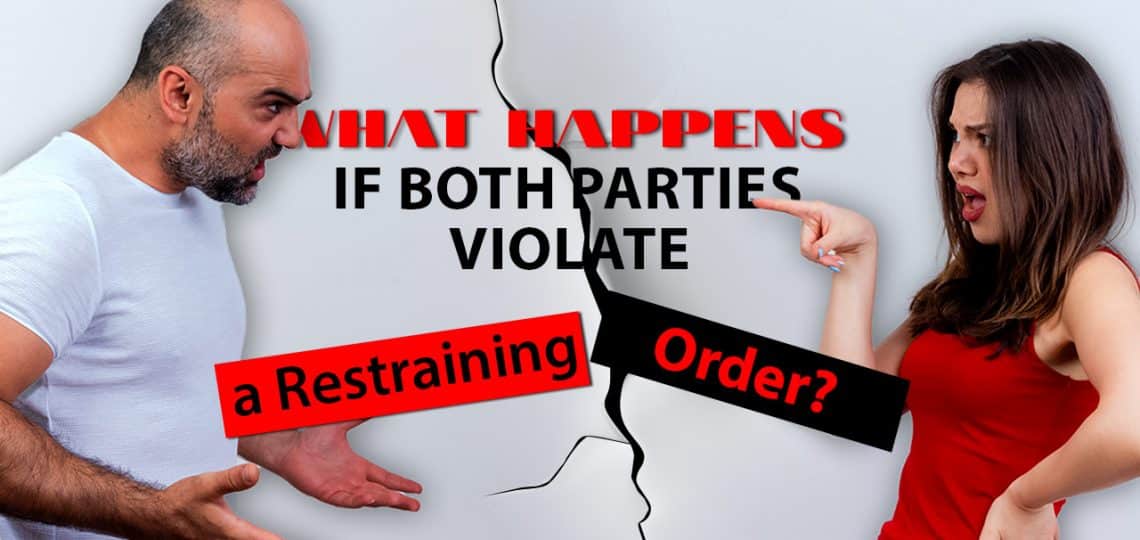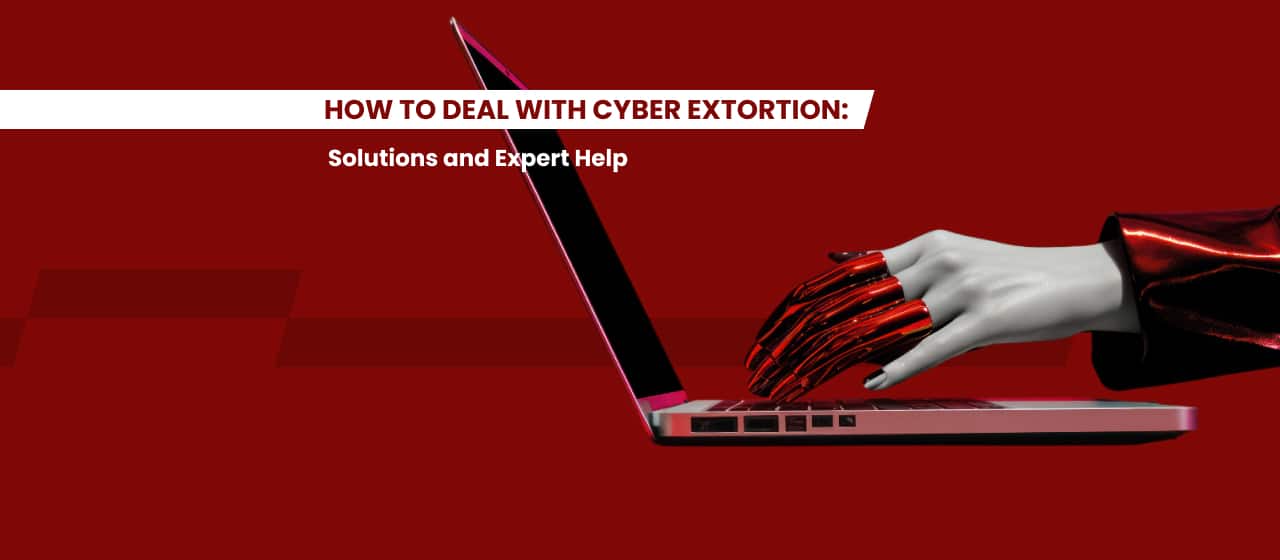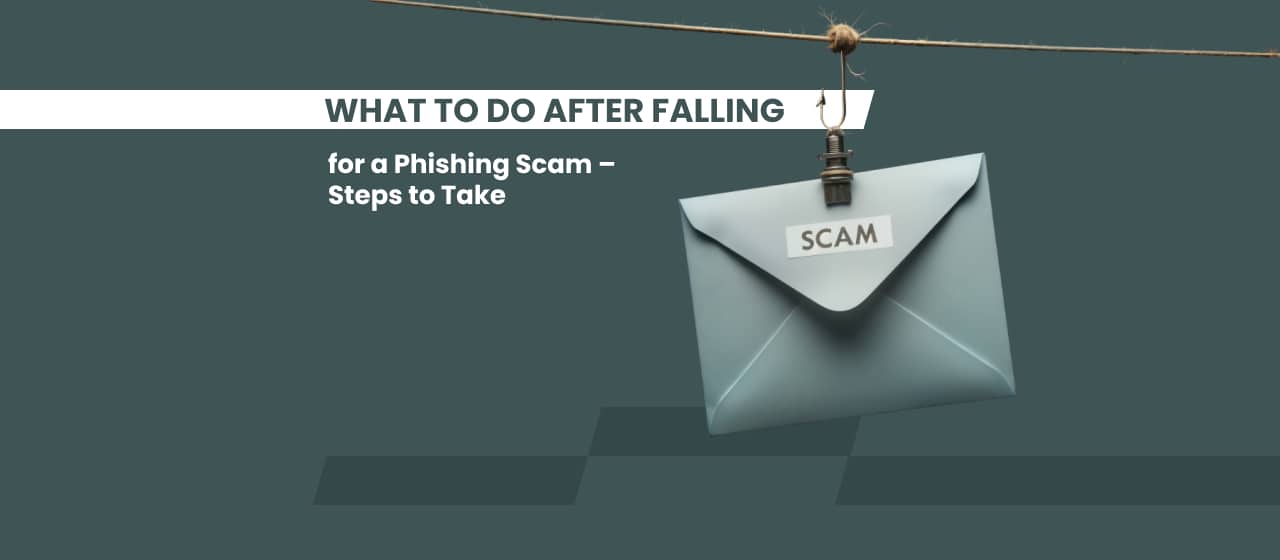What Happens if Both Parties Violate a Restraining Order?
A restraining order is a court order that tells one person to stay away from another person. The purpose of a restraining order is to protect the victim from further violence or threats of violence. In some cases, both parties may violate the restraining order. This can happen if there is a misunderstanding about the order or if one party deliberately violates the order to provoke the other party. If this is a situation you are currently in and are wondering what happens if you break your own restraining order, keep reading.
Exploring Mutual Restraining Orders and Their Applications
A mutual restraining order is an order of protection that prohibits both parties from abusing, molesting, or interfering with the privacy or rights of each other. It may order that both parties not contact each other.
This order can prohibit the following actions:
- Deliberately approaching the other party within a certain distance (e.g., 500 feet, one mile);
- Attempting to contact the other party, such as by telephone or email; and
- Engaging in threats, intimidation, or acts of violence (mental or physical) toward the other.
A mutual restraining order may require one or both parties to do the following:
- Move out of a shared residence;
- Refrain from visiting the other party’s school, place of employment, residence; or
- Undergo domestic violence counseling or rehabilitation.
So how does a mutual restraining order get filed? LegalMatch gives a detailed run-down on what applicants can expect: “Most state laws allow a court to issue a mutual restraining order in appropriate circumstances. When one party files for a protective order, and the other party then files for a protective order of their own, a court may issue a mutual restraining order.
If either party agrees or consents to the court issuing a mutual restraining order, the court may issue the order without a hearing. Typically, though, the judge will hold a hearing. During the hearing, both parties present evidence that they have sustained threats, acts of violence, abuse, or online stalking at the hands of the other party.
For the judge to issue a mutual restraining order, the judge must find that both parties acted as aggressors at some point in time. An aggressor is someone who threatens to harm or inflicts physical or mental harm on another, without legal justification. “
What Happens If Both Parties Violate a Restraining Order?
Text, phone calls, messages through social media, etc., can easily break a restraining order. Any form of contact qualifies as breaking a protective order. The penalties for violating a restraining order depend on the state where the violation occurred, but they can range from a misdemeanor to a felony. The penalties may be more severe if either party has a history of domestic violence.
It is important to note that even if both parties violate the restraining order, only the aggressor will be charged with a crime. The victim cannot be accused of violating the restraining order, even if they initiated contact with the aggressor.
Forensic Accounting Corp | Defense for Violating Protection Orders
If you are unfortunate to be accused of violating your restraining order, it is best to contact a professional specializing in forensic accounting. Cyber Investigation can help protect your freedoms and what happens to you after a violation.
We know the complexities behind what could happen if a restraining order case is not handled correctly and can work with you to ascertain the facts so that when the courts make their final verdict, you know that your rights are protected. Don’t sit around wondering what happens if you violate your own restraining order but instead, call us today for more information on what we can do for you in these difficult times!
If you require the assistance of a forensic accountant during your divorce proceedings, don’t hesitate to reach out to us. Give us a call and let us help you!







